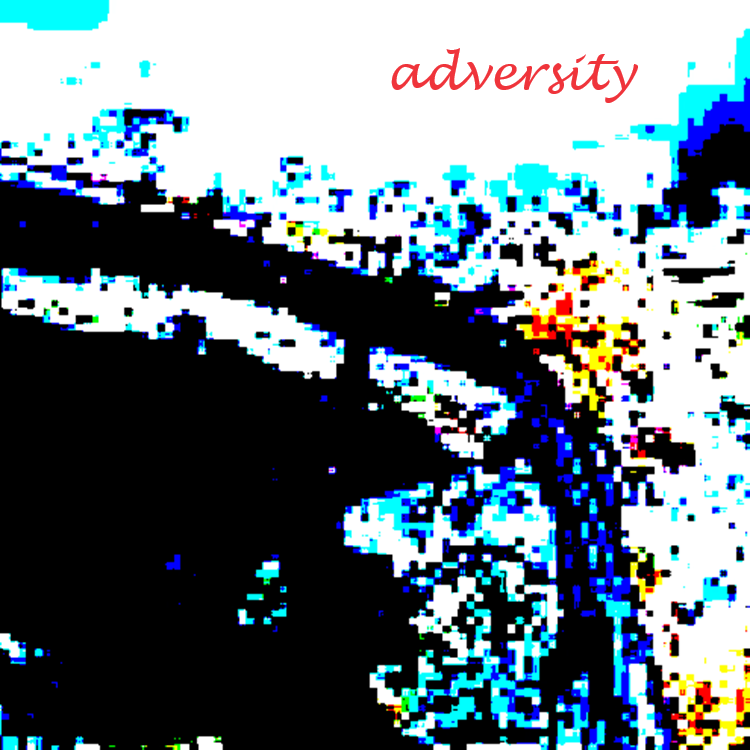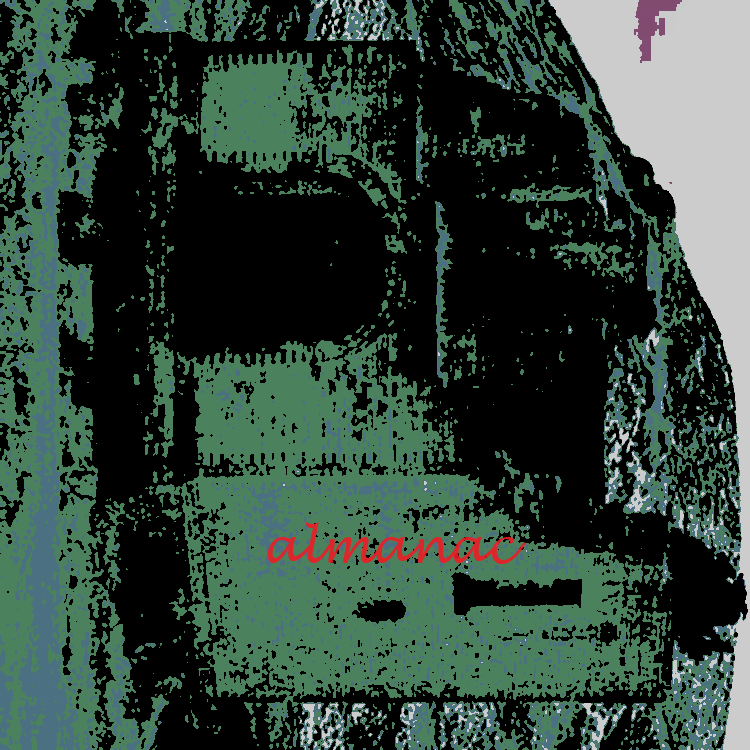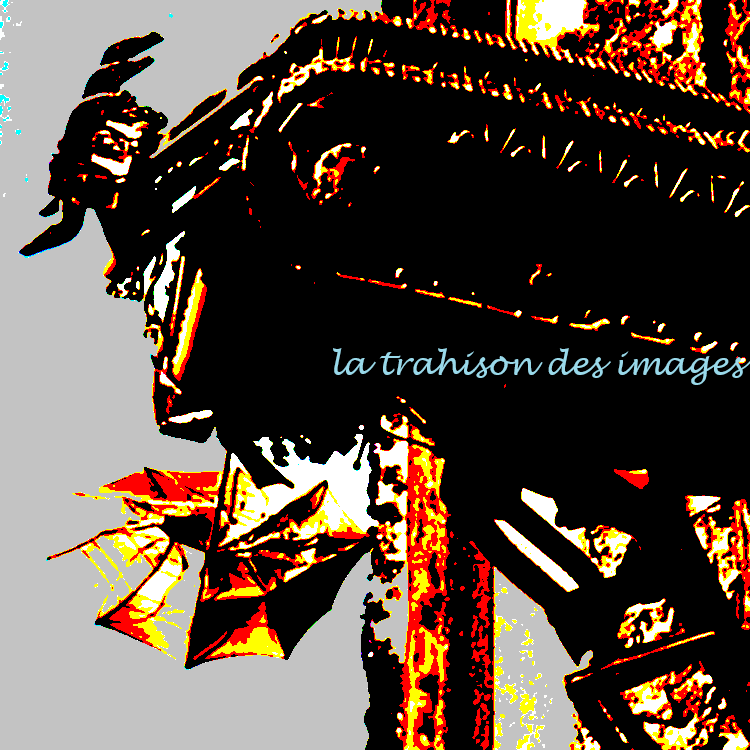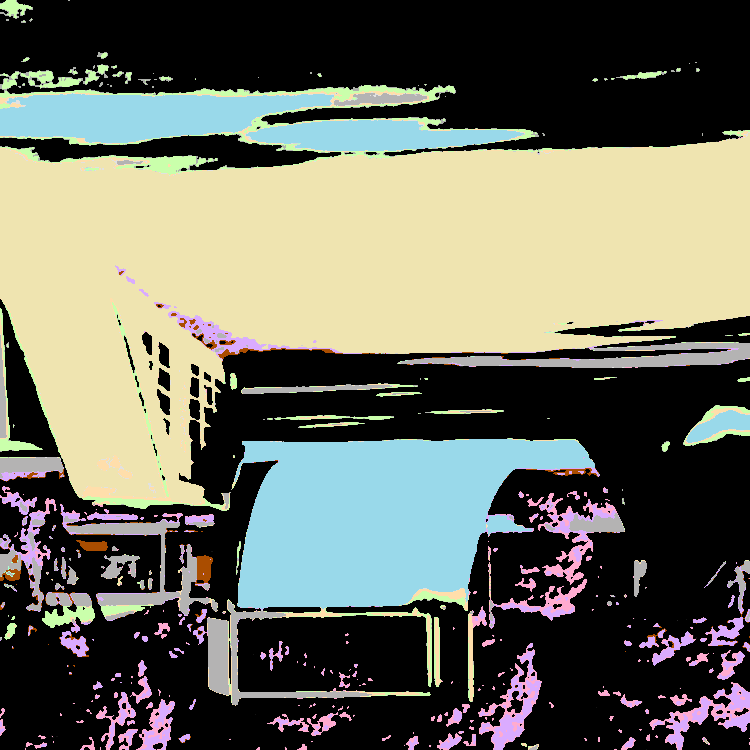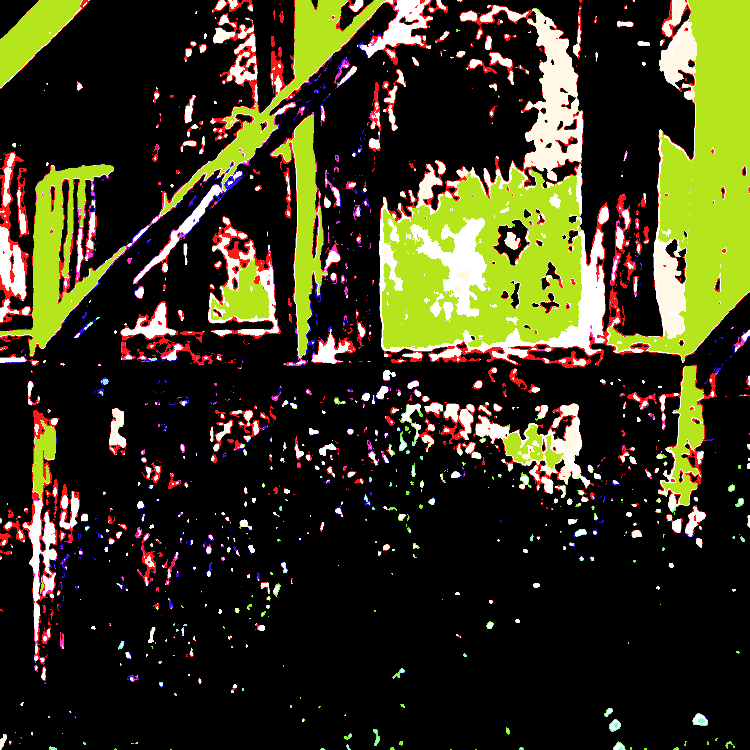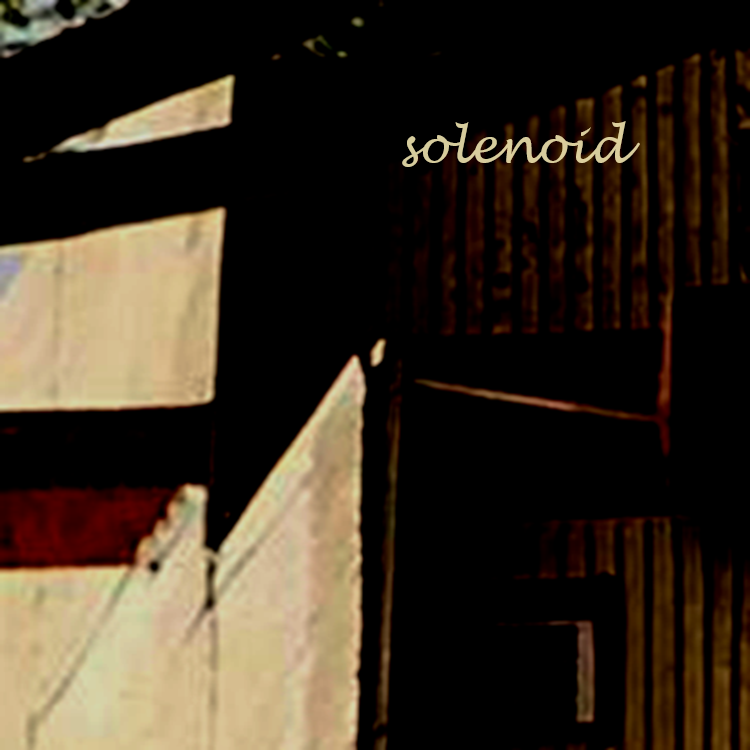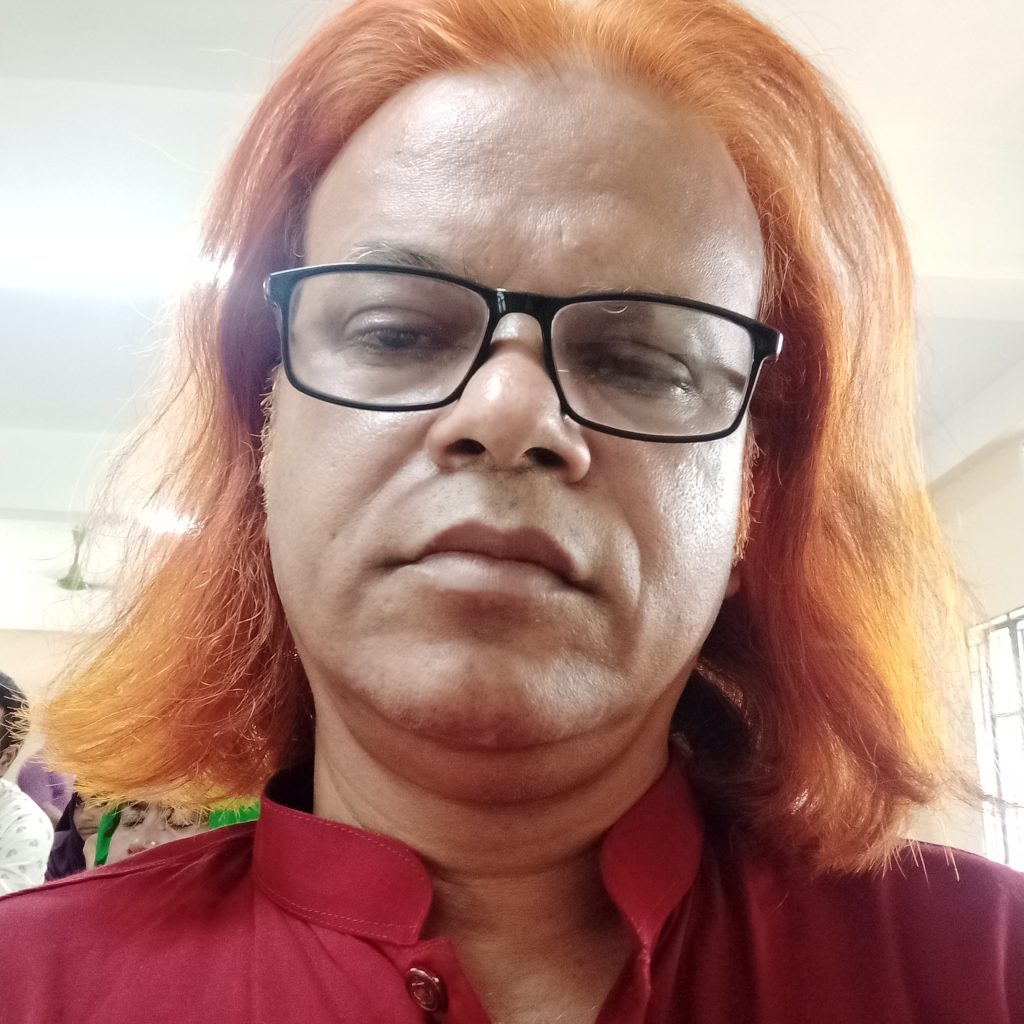Betrayed In Exile
They say life is short, and we must enjoy every bit of it. But in my country, life hasn’t given us a brief moment of peace, and we can only enjoy it by continually losing trust in one another. In the mid-80s, six other soldiers and I were running away from military service. We just wanted to continue our studies and pursue our dreams. On a rainy day, a soldier named Ayman told us about a hidden cart we could discreetly jump into. By then, we hoped to escape the horrors of the war and the threat of being caught, which would lead to the death penalty. Around seven in the morning, we all met at Ayman’s house to gather and drive to the train station. We were crying differently, as if we knew our lives were no longer protected, and that if Ayman made a mistake, we were all dead. The rain covered our faces, making it hard to tell who was crying with tears and who was weeping from a broken heart.
We entered a dark, dusty, and foul-smelling compartment on the train. Just by looking around, I saw blood and animal waste. Ayman asked us to remain silent until the next day, when we would be in a different country. We all fell quiet, some of us lighting cigarettes, while others whispered about the terrible conditions. They knew they had to suppress their hunger and thirst. The hours were slow, long, and unbearably dull. It was terrifying to hear rockets falling around the cities. Some children cried as they watched their grandfathers being dragged from the trains to fight in the war. Those sounds were impossible to ignore—words so heartbreaking that none of us could sleep.
I drifted away into fantasies, thinking about my girlfriend, my siblings, my parents—wondering if they were praying for my safe journey into exile. I wondered if we would ever meet again, if we would even recognize each other. How long would this war last? How many friends’ funerals would I attend before my own? Meanwhile, Ayman smoked like a man possessed, sitting in the corner, staring at all of us. None of us doubted his promise or loyalty—until the rain stopped, and the train halted. Ayman took his weapon from his back and ordered us to stand in line. A few soldiers with guns appeared, ready to shoot us, but it was Ayman who shot us mercilessly.
Yes, we died fearlessly. Yes, we died in this hopeless country. Yes, we died without taking a single life. Ayman smiled, and in that moment, we knew who the leader of our miserable nation will be.

